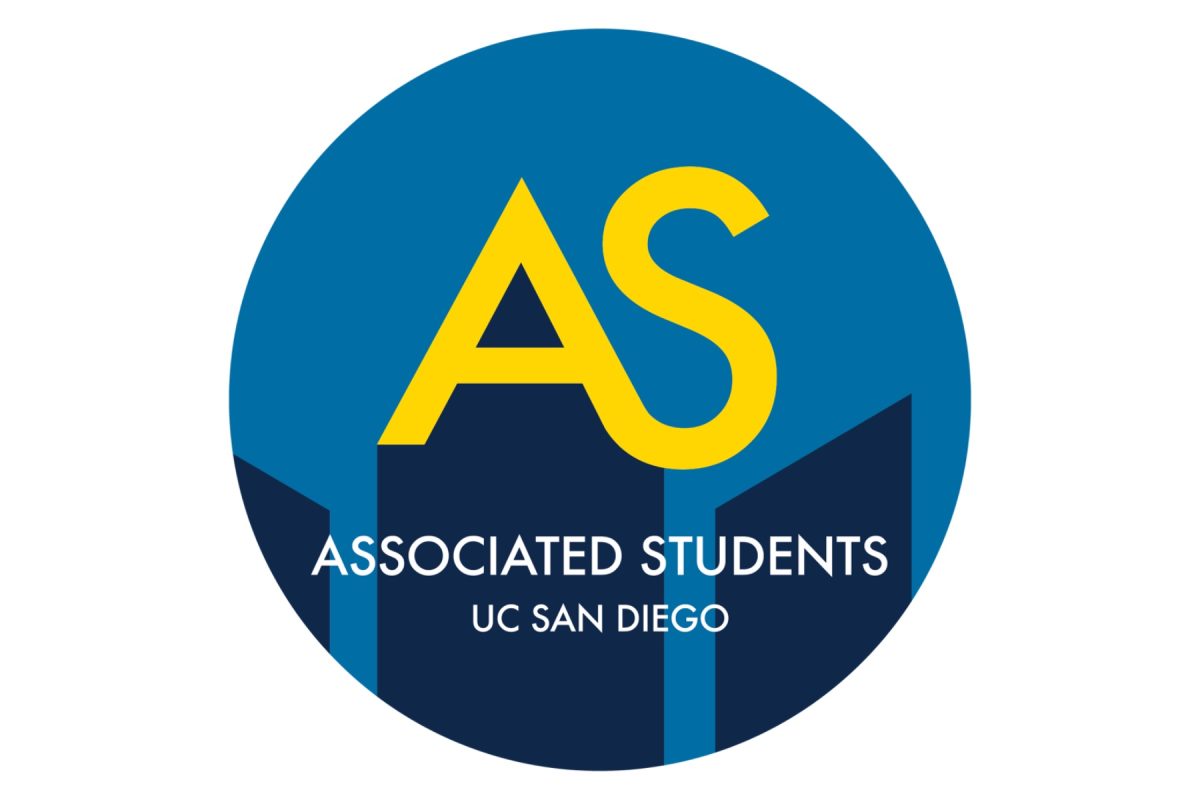On April 1, two unions representing University of California employees — University Professional and Technical Employees CWA Local 9119 and American Federation of State, County, and Municipal Employees Local 3299 — held a strike at UC San Diego Jacobs Medical Center from 7 a.m. to 2 p.m.
This strike, led by UPTE-CWA 9199, was part of an ongoing series of strikes prompted by allegations of bad-faith bargaining practices by the UC amid continuing contract negotiations. They were joined in solidarity by AFSCME 3299. UPTE-CWA 9119 has not announced official plans for future strikes and is not withholding labor outside of assigned strike days, but it has expressed that it will continue to strike until a satisfactory contract is negotiated.
Among the demands being negotiated are salary increases for union members. Many members are healthcare professionals or clinical lab technicians responsible for researching new medications and diseases. For example, the California Animal Health and Food Safety Lab at UC Davis researches the avian flu and employs union members who have been part of the ongoing strikes.
As negotiations continue into Spring Quarter, the UC Office of the President released a statement on March 21 expressing concern about the financial strain the strikes place on the UC.
“At a time when the University of California is facing funding reductions at both the state and federal levels and preparing for significant financial challenges ahead, we are concerned about UPTE and AFSCME’s plans to strike again. These strikes put a significant financial strain on UC, costing the system millions of dollars.”
UCOP’s statement referred to the financial challenges caused by recent executive orders issued by President Donald Trump freezing the disbursement of federal funds to research institutions. In response, Chancellor Pradeep Khosla enacted a faculty hiring freeze in anticipation of future budget shortfalls.
Todd Stenhouse, an AFSCME 3299 union member and spokesperson, encouraged UC administration to consider the needs of its employees first and foremost when reassessing its budget.
“No one wants to see these vital public institutions facing federal funding cuts, but at the same time, it’s important to remember that these are institutions that have and will continue to make choices about the immense resources they have at their disposal,” Stenhouse said. “And too often, these frontline people are the last ones considered when the University makes these choices.”
Contract negotiations for UPTE-CWA 9119 began in June 2024, while AFSCME 3299’s negotiations began in January 2024. AFSCME 3299 declared an impasse in May 2024.
UPTE-CWA 9119 proposed a 9% salary increase in 2025, followed by 8% increases in 2026 and 2027, as part of UPTE-CWA 9119’s three-year contract. Some of its other proposals include increased vacation time, more flexible and remote opportunities for scheduling, and capping healthcare costs at 2024 levels.
The UC has offered a 5% salary increase in 2025, followed by 3% increases in 2026 and 2027. They have also offered to raise all UPTE-represented UC employees’ pay to a minimum of $25 per hour and $75 or $100 monthly credits to offset healthcare premiums.
Since the February strike, the UC and the unions have continued communicating in an effort to close their contracts. According to the UCOP, they have been in ongoing meetings, conducting fact-finding sessions, and crafting recommendation reports to work toward a final contract.
UPTE-CWA 9119 union members maintain that the most pressing issue they face is a staffing crisis that makes it difficult to allocate the necessary time and resources to their patients. The UCOP maintains that there is no staffing crisis.
This is an ongoing story, and The UCSD Guardian will continue its coverage on the UPTE-CWA 9119 strike.












Gayle Kidder • May 16, 2025 at 6:59 pm
Thank you for an informative report. I’ve been trying to figure out what is behind the confusing ads attacking Pradeeep Khosla on local TV. They make no sense, just create more dots that I can’t connect. I live 2 blocks from UCSD Hillcrest hospital and am aware of the ongoing protests, but the facts have not been made clear. Keep up the good journalism.